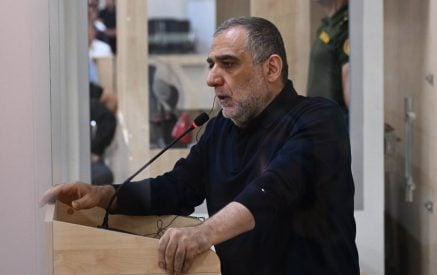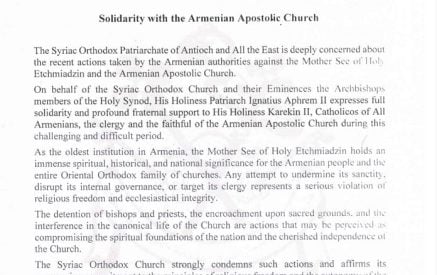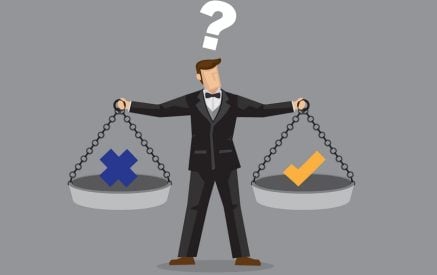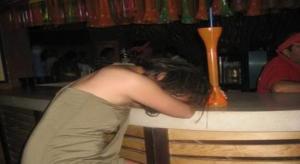By Tim Boyer G+
emaxhealth.com. Are You a sleep drunk? Dr. Oz explains this in his recent episode.
If you sleep more than the recommended number of hours per day, you may be a sleep drunk reports a new episode of The Dr. Oz Show. Dr. Oz explains to viewers how your sleep cycle works and what you may be doing wrong that leaves you feeling tired even after a full 12 hours of sleep.
“If I ever asked you why you wake up so tired and groggy, I’d bet you’d say it was because you arenot getting enough sleep. But, there’s new research that says surprisingly, many women are now actually getting too much sleep,” says Dr. Oz as he warns viewers about a condition called “sleep drunk” that can cause heart disease, obesity and diabetes.
Being sleep drunk is a condition of feeling overly tired and groggy when common sense tells you that you should be extra refreshed after sleeping in with a couple more hours of extra sleep. However, science tells us that sleep consists of cycles that must be allowed to run to completion just like the cycles in your clothes washer.
“That feeling of sleep drunk is actually caused by a break in your body’s natural sleep cycle,” says Dr. Oz.
According to Dr. Oz, sleep is typically divided into 90-minute cycles that consist of the first 30 minutes being that of a relatively light state of sleeping where you will kind of drift in and drift out. If you wake up during this first 30 minutes, you may feel more refreshed rather than groggy. This is why an ideal nap consists of approximately a 30-minute limit.
The second part of the 90-minute cycle is a second 30 minutes consisting of a deeper level of sleep. If you are awakened from a sleep cycle during this time, then you are much more likely to feel groggy and constantly tired.
“The last half hour is REM sleep—that’s dream sleep. That’s when all of those fantastic things come to your mind,” says Dr. Oz, who tells viewers that if you wake up during this part of your sleep cycle that you will feel disoriented and completely unsettled.
Because your body runs through multiple 90-minute cycles as described above during sleep, it is very important that you awaken during the right time of the cycle. Breaking that cycle, explains Dr. Oz, is like taking laundry out of washer before its done cycling—you feel all wet and wrung out.
With Dr. Oz is special guest Dr. Carol Ash, the Director of Sleep Medicine at Meridian Health, who explains to viewers how that over-sleeping rather than under-sleeping is a new category of problems for many with sleep disorders.
“It really is a problem. The number of people that are oversleeping is increasing from twenty-eight to over thirty-seven percent,” says Dr. Ash. “Women on average are getting nine hours.”
According to Dr. Oz and Dr. Ash, too much sleep is actually more harmful to your health than too little sleep. (Here also see Dr. Sherry Pagoto’s coverage on the risks of too little sleep.)
Dr. Ash tells viewers that the range of hours a person needs for a good night’s rest ranges between seven to nine hours. And just like sleeping outside of that range by sleeping less than seven hours, sleeping more than nine hours can lead to difficulties that includes not only feeling constantly tired, but also a 38% risk increase of heart disease, a 21% increased risk of obesity and a 50% risk increase of developing diabetes.
The physiological reason behind these increased health risks is that when you sleep too much it changes the expression of biomarkers called cytokines, which are involved in regulating the inflammation process in the human body when it’s under stress.
“Inflammation is a problem for heart disease, obesity and diabetes,” says Dr. Ash.
To help viewers get their body and sleep time in sync with their sleep cycles, Dr. Oz hints that the answer to this is to get your body conditioned to awaken naturally so that you do not break your sleep cycle when the alarm goes off in the morning.
The Perfect Bedtime Formula
To accomplish this task, Oz Blog contributor sleep specialist Michael J. Breus, Ph.D. tells readers that they need to use what he terms the “Perfect Bedtime Formula”:
1. The average sleep cycle is approximately 90 minutes long.
2. We know that the average person has 5 sleep cycles per night.
3. Multiply 90 minutes by 5 sleep cycles per night for 450 minutes or 7.5 hours of sleep.
4. Then count backwards from your wake-up time 7.5 hours and you have a starting point for your bedtime.
Dr. Breus points out that this is only a starting point―that you will likely have to adjust the time you go to bed and actually begin to fall asleep in 15-minute increments. However, by giving it a try for a couple of weeks, you should be able to find that perfect bedtime/sleep time cycle that will make you feel rested rather than groggy like a sleep drunk. You will know that you’ve achieved your goal when you find yourself waking up naturally on your own just before your alarm goes off in the morning.
For more details about Dr. Breus’s “Perfect Bedtime Formula” go to the The Oz Blog on The Dr. Oz Show website.
For an informative article about a natural sleep aid recommended by Dr. Oz when you find it too difficult to get yourself to fall asleep, click-on the titled link, “Dr. Oz Recommends Lettuce Opium Sleep Aid Rather Than Ambien.”
Image Source: Courtesy of PhotoBucket

























































